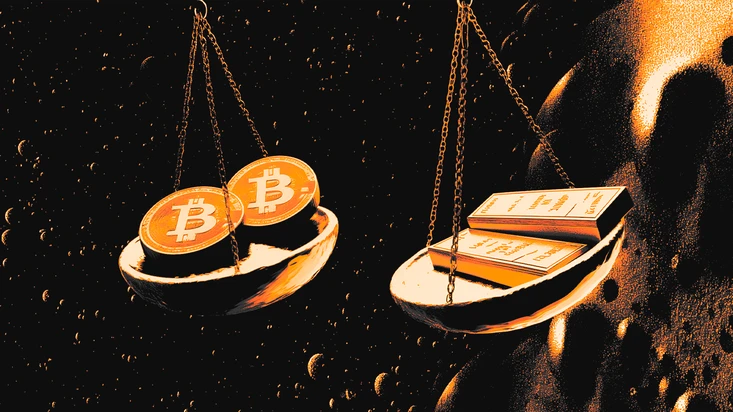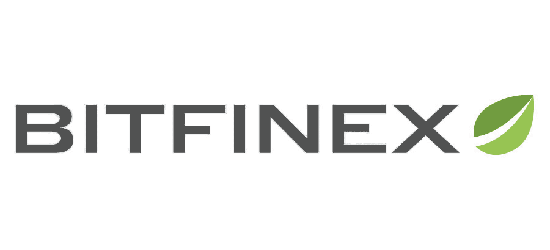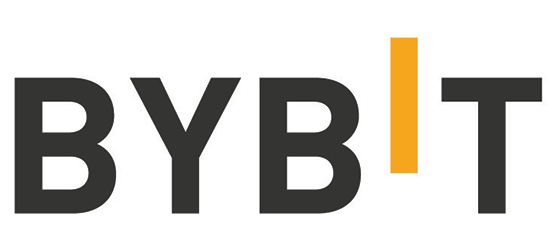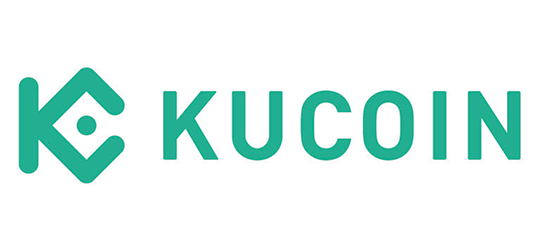
Bitcoin vs. Gold: Risks and Benefits for Investing
Bitcoin has been called "digital gold" as modern investors consider it a good hedge against inflation. The debate about which asset is better — gold or Bitcoin — continues unabated, and when Bitcoin fell 17% in a 24-hour period last week, the talk gained renewed vigor.
Recently, inflation has been picking up pace. It has reached levels not seen in decades. Not surprisingly, investors are increasingly turning to commodities like gold to hedge inflation. But with the growing popularity of Bitcoin, many see "digital gold" as another way to hedge. The debate over which asset is best for investing is growing daily, as both gold and Bitcoin have unique return potential.
Gold as a means of stability
On the one hand, gold has shown itself to be a reliable asset with a millennia-long reputation. For a long time, it was used mainly as a currency. And in the 70s, it acquired the status of a store of value. At that time, gold rose in price by 700% and largely outpaced inflation, which most likely allowed gold to be considered a safe store of value.
Benefits of gold
Gold is thousands of years old, and has historically been used as a hedge against inflation and economic instability. In addition, gold is considered a safe asset for long-term store of value. During times of economic turmoil, the price of gold holds relatively steady and then rises as investors move out of equities and into gold when a recession is threatened.
Gold is highly regulated, and the asset can only be purchased from registered dealers and brokers, indicating safety when investing. It is easy to sell almost anywhere in the world as its liquidity is high, allowing it to be quickly converted into cash.
Risks of gold
Gold does not earn income such as interest or dividends. An investor earns only on the rise in the value of gold. Since the 70s, the dollar has strengthened markedly and interest rates have moderated. This has caused gold to fall and investors have turned to assets that pay dividends. In short, the prevailing view of gold as a store of value is disappearing.
Over the past ten years, gold's inflation-adjusted return has been 30%. That's just 2% on an annualized basis. So in a period of economic stability, gold may seem like a non-ideal investment vehicle for profit.
Gold has become easier to invest in. Whether it is physical gold, gold ETFs or futures. ETFs have become a popular way to invest in gold as it is easier and cheaper. However, unlike holding Bitcoin, holding gold can be more costly. Bitcoin traders may pay a one-time fee for Bitcoin. Gold ETF traders may not pay a commission but pay an ongoing expense ratio.

Bitcoin as a means of profit
On the other hand, Bitcoin emerged during the global financial crisis of 2008-2013. The first digital currency started to grow rapidly, challenging traditional finance. And during the 2020 pandemic, when economies around the world began to slow down, many investors began to notice that the value of Bitcoin was not falling along with the value of stocks. They started pouring capital into it, and institutional investors started looking for ways to create funds based on it. Thus, by 2024, Bitcoin reached an all-time high of more than $73,000.
Benefits of Bitcoin
Bitcoin has shown significant levels of value growth in recent years, attracting investors with its ability to quickly raise capital. When adjusted for inflation, the asset has grown by 3,700% over the past decade, or a 44% year-over-year increase.
Bitcoin is easy to buy and sell through exchanges and platforms, making it accessible to a global range of investors. It is also not dependent on central banks or governments, making it attractive to those who want to protect their assets from inflation and political risks.
Bitcoin is a relatively young asset, but the lack of historical data on it as an inflation hedge doesn't say it can't take on that role. Bitcoin has a limited supply. And that's another advantage it has over gold. Although gold reserves are also considered limited, the actual supply of gold is unknown. Thus, the supply of gold depends on new discoveries and mining, while the limited supply of Bitcoin, limited to 21 million coins, can never be changed.
Risks of Bitcoin
The value of Bitcoin is subject to significant fluctuations, which can lead to both large gains and significant losses in a short period of time. This makes it more risky for inflation hedging compared to gold. In addition, gold has many uses, from industry and electronics to jewelry and medicine. Whereas, Bitcoin's utility is limited and based on its ability to be exchanged for other things, including traditional currency. This makes it only a speculative asset.
States can impose severe restrictions or even bans on the use of Bitcoin, which can greatly affect its value and availability. And if an investor loses access to their wallet or keys, Bitcoins could be lost forever, which is a distinctive risk for cryptocurrencies.
Bottom line: Can Bitcoin ever replace gold?
The world is moving towards digitalization, and Bitcoin, as the first and best-known cryptocurrency, could be the "digital gold" for a new generation. Its decentralized nature, security, and limited issuance of 21 million coins make it an attractive counterpart to gold in the digital world. And the growing interest in Bitcoin from large institutional investors and companies says that it is gradually becoming a recognized savings option.
In March, Real Research conducted a survey in which it found that 42.33% of investors surveyed favor Bitcoin, while 20% remain on the side of gold. And only a quarter of those surveyed are willing to diversify their portfolio. 63.48% consider Bitcoin to be a better long-term investment asset than gold.
However, one cannot claim that Bitcoin will someday replace gold. Gold has a long history and is still considered a stable asset. Perhaps in our technological age, Bitcoin will still surpass gold in some respects, but it is unlikely to completely supplant gold as the primary asset for store of value. Bitcoin and gold will coexist, serving different functions depending on the needs and preferences of investors. That's basically what's happening in the market right now. Institutional investors are not investing in Bitcoin for the same reason they are investing in gold. The two assets play different roles in their portfolios: one to preserve value, the other to generate returns.
Bitcoin may become popular among younger and more technologically oriented investors, while gold will remain the preferred choice for those who value stability and time-tested assets.

























